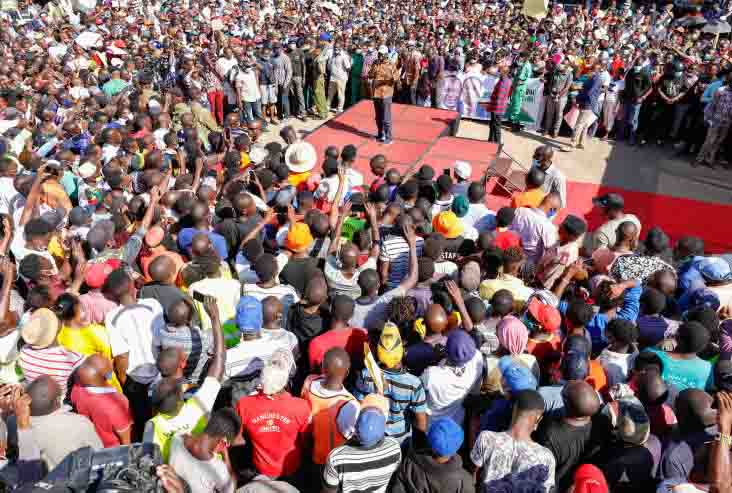
The northern parts of Kenya are being ravaged by a devastating drought that is killing the livestock and has malnourished humans. So far, close to three million are facing severe food and water deprivation.
The National Drought Management Authority (NDMA) has given an early warning on the tragedy awaiting the country. President Uhuru Kenyatta declared the drought a national disaster last month and, so far, sad images of animal carcasses have been on mainstream and social media. The saddest part was when I saw video footage of wildlife flocking to the towns to search of water and fodder. Large numbers of people have already moved to the neighbouring countries of Somalia, Ethiopia and Uganda to escape death and starvation.